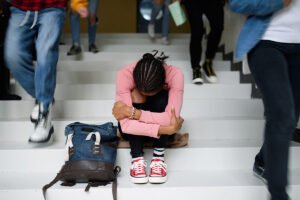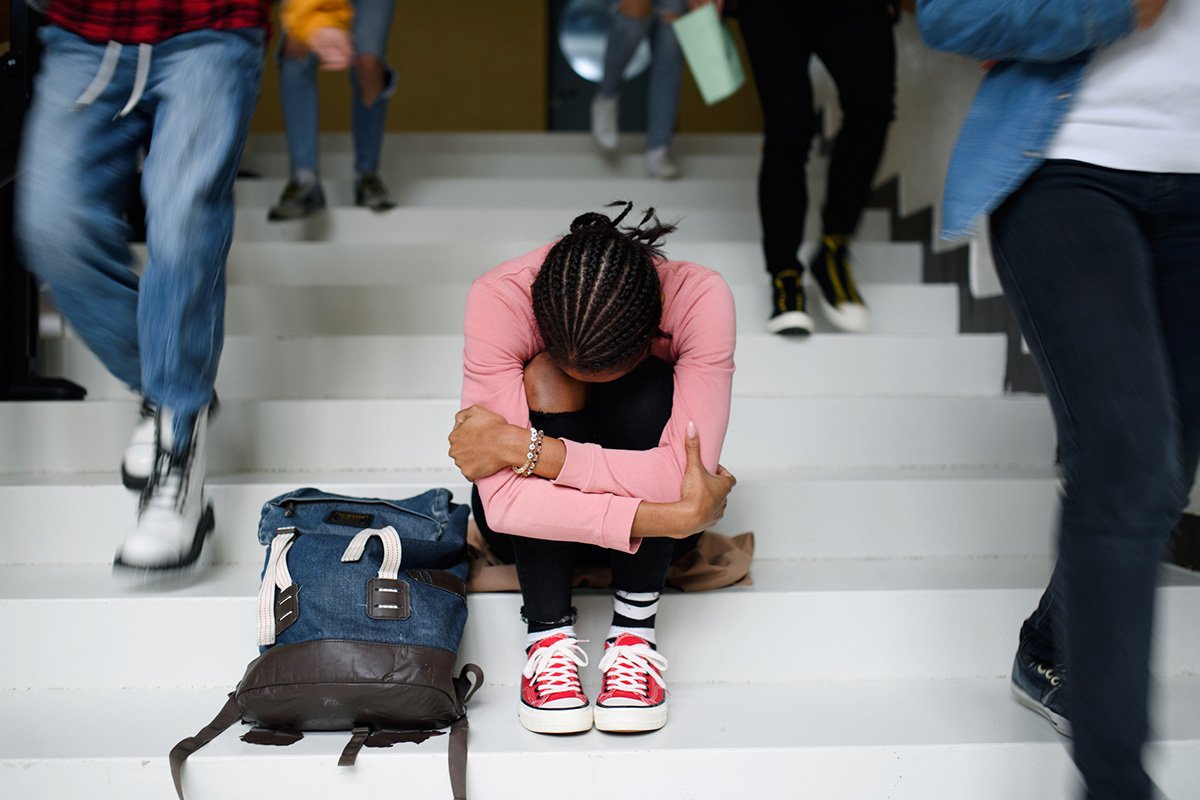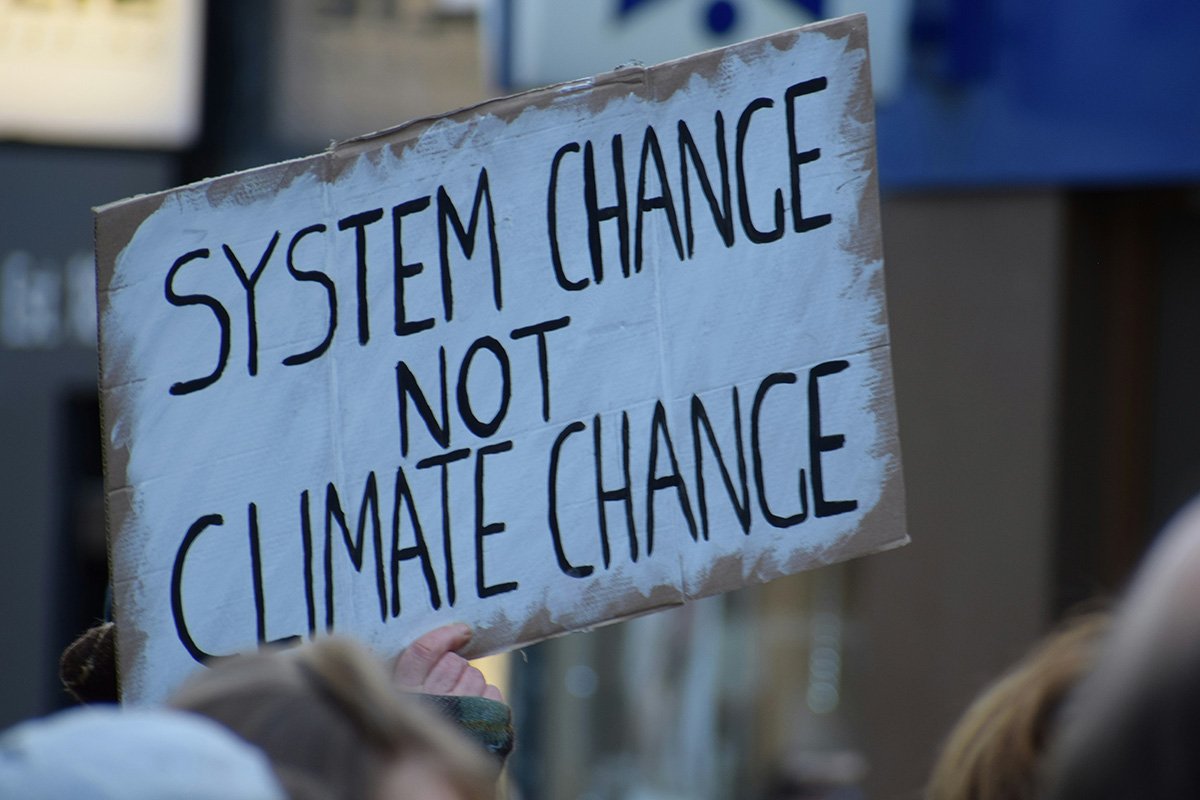
October 30, 2018; Vox
The Gates Foundation, the Chan-Zuckerberg Initiative, and the Walton Family Foundation are just of a few on a long list of mega-funders who have set their sights on improving the nation’s public education system. Sharing the conclusion that America’s schools are failing their students and are providing a sub-par education that dooms too many to lives of poverty, these organizations have poured billions of dollars into various improvement strategies but have shown few positive results for their sizeable investment. Why have they gotten this so wrong? Is this a case of very bright and successful donors and foundation professionals failing to come up with the right set of actions, or a problem they cannot and should not try to solve?
From the perspective of Dylan Matthews, writing for Vox, these philanthropists have failed because the problem is not solvable in the manner in which it is being approached. Matthews thinks it is time for philanthropists turn their attention to problems on which their money is more likely to have a positive impact. He writes,
Improving the American education system, while important, is neither a neglected cause nor a tractable one. It is a system on which hundreds of billions of dollars are spent annually by diffuse governments whose policies are difficult and expensive to change, where matters of importance are intensely contested, and where interest groups tend to fight each other to a standstill.
And it’s a system where, even after investing millions if not billions in research, we still don’t have a lot of confidence as to which interventions are helpful and which are not.
From Matthews’ perspective, it is time for the Gates Foundation and others to move on because there are times when the billionaires are not only not being effective, but are causing additional problems.
He uses an assessment framework, “effective philanthropy,” which originates with the Open Philanthropy Project (OPP), to assess educational philanthropy and reach his conclusions. Launched in 2017, OPP wants to learn “how to give as well as possible.” From OPP’s perspective, giving well requires selecting projects using three factors:
- Importance: How many individuals does this issue affect, and how deeply?
- Neglectedness: All else equal, we prefer causes that receive less attention from others, particularly other major philanthropists.
- Tractability: clear ways in which a funder could contribute to progress.
We may not agree with this framework, by the way, but applying it to education, it is easy to conclude that the high level of public attention and the more than $600 billion in public funding (with little to show for it) are proof positive of a problem that is not neglected.
Sign up for our free newsletters
Subscribe to NPQ's newsletters to have our top stories delivered directly to your inbox.
By signing up, you agree to our privacy policy and terms of use, and to receive messages from NPQ and our partners.
From Matthews’ perspective, the key issue is that the problem is not actually solvable and is therefore a waste of funds. There are too many diverse interest groups across the political spectrum that care too deeply about public education to create the necessary consensus for meaningful change; the efforts of one group cancels out the efforts of others, resulting in an inability to make significant change.
He writes,
Passionate interests on each side of an issue mobilize and fight and the stronger coalition, whether measured in money or grassroots support, ultimately prevails. And despite its considerable virtues, it’s a pretty wasteful process, especially on highly controversial topics like education in which much of the public is heavily invested. For philanthropists especially, it’s doubtful that investing heavily in a crowded, high-profile topic will turn out to be the most efficient possible use of resources.
Matthews’ analysis neglects to look at the process and mechanisms of giving by these foundations; he does not consider that what has made this system so problematic is the way large donors have intervened. We have, in too many cases, seen donors taking “their” answers and using the power of their resources to impose on communities desperately needing help.
In its coverage of education and mega-philanthropists, NPQ has seen this phenomenon in action. University of Washington professor Wayne Au “as a colonizing agenda.”
Working locally and collaboratively rather than apart and independently may allow real positive change to occur and change the equation Matthews sees. It requires the bright and successful men and women who lead large businesses and foundations to approach public education with a degree of humility they have not often shown. It requires them to understand that process is important, perhaps more important than the solution itself. NPQ saw one positive sign of movement in this direction when the Gates Foundation announced the next chapter of its education efforts:
The Foundation says it now recognizes that no single strategy is the answer. According to Bob Hughes, the Foundation’s director of K-12 education, “We’ve come to understand how important context is. One size doesn’t fit all. We know that no school is an island, and we’ll be working with groups of schools rather than individual schools to solve problems collaboratively.”
As critical as we have been of the education improvement efforts of large funders, their funds can make important differences in the lives of children. The critical “if” is whether they are able to listen more to children, parents, teachers, and communities and be guided by these key stakeholders rather than always be the one giving direction. If not, then Matthews’ assessment is current and it is time, sadly, for them to move on.—Marty Levine










